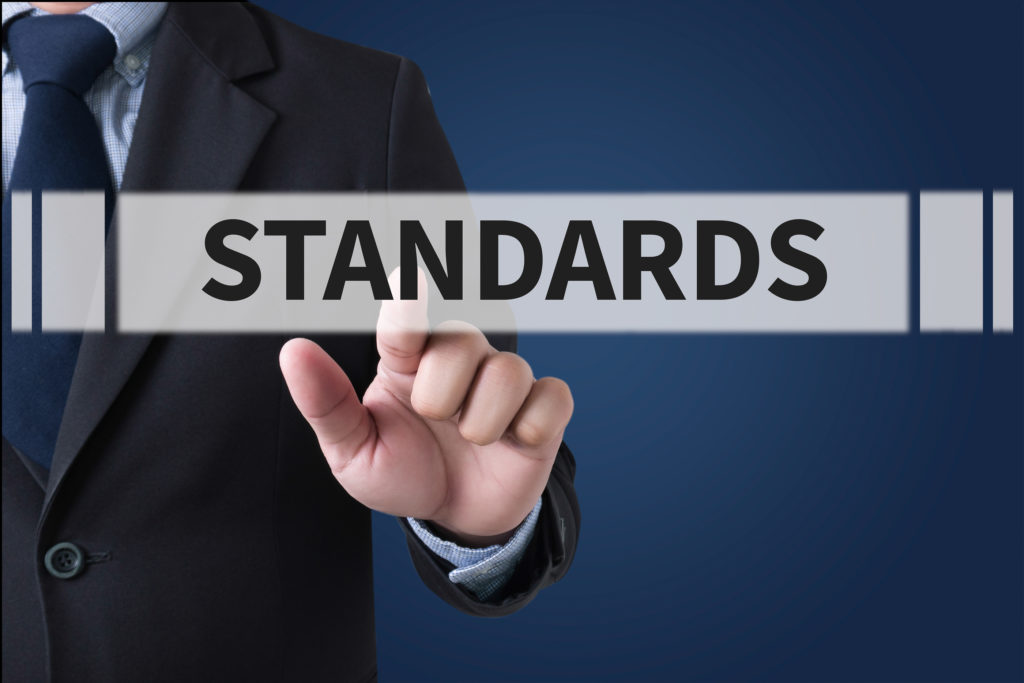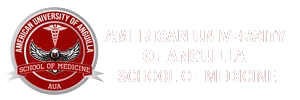

Technical Standards
Technical Skills and Abilities
To obtain the esteemed degree of Doctor of Medicine, it is imperative for a candidate to possess exceptional abilities and skills in various areas, encompassing observation, communication, motor function, and behavioral and social skills.
Observation
Through astute and independent observation, the candidate must be adept at acquiring
comprehensive information in the field of medical sciences. This includes not only information
obtained from demonstrations and experiential activities, but also from a multitude of sources
such as written documents, pictorial images, simulators, computer programs, videos, and most
importantly, directly from the patient.
The candidate must possess keen auditory perception, visual perception, and somatic sensation
abilities. Furthermore, they must possess the mental capacity to assimilate vast volumes of
technically detailed and complex information presented in various forms, ranging from formal
lectures to small group discussions, individual learning activities, and individual clinical settings.
The ability to rapidly process and accurately analyze information, obtained through any sensory
function employed, is of utmost importance.
Communication
A candidate must be a master of effective and sensitive communication, both in oral and
written form, in the English language. Communication skills extend beyond mere speech,
encompassing the ability to read, write, and comprehend nonverbal cues. The candidate must
be able to elicit crucial information from patients, aptly describe changes in mood, activity, and
posture, and effectively perceive nonverbal communications.
In the context of emergency situations within a clinical setting, candidates must possess the
ability to understand and convey vital information swiftly, unambiguously, and in a clear
manner. This is crucial for ensuring the safe and efficient delivery of patient care.
Motor Function
A candidate must possess exceptional motor skills in order to directly perform various
diagnostic maneuvers, including palpation, percussion, and auscultation, as well as basic
laboratory tests and diagnostic procedures. Additionally, the candidate must have the ability to
conduct thorough examinations both at a general level and specific to organ systems, which
includes the mental status examination.
Furthermore, the candidate must possess the necessary motor proficiency to administer
general and emergency medical care to patients. This includes the ability to swiftly execute
motor movements required for emergency treatments such as adult and pediatric
cardiopulmonary resuscitation, airway management, automated external defibrillation,
administration of intravenous medication, application of pressure to control bleeding, and
performance of simple obstetrical maneuvers. Such actions necessitate quick and immediate
reactions.
Behavioral and Social Attributes
In the realm of the medical profession, ethical principles hold sway. It is of utmost importance
that a candidate possess the capacity to grasp and internalize these values, conducting
themselves in accordance with the guidelines they set forth. Furthermore, candidates must
exhibit the ability to establish genuine connections with patients, as well as with their
colleagues and staff. Honesty, integrity, non-discrimination, selflessness, and unwavering
commitment are all qualities that must be demonstrated without fail.
The development of mature, empathetic, and effective relationships with patients is an
essential requirement. Candidates must possess the capacity to recognize and understand their
own personal reactions and responses, while also acknowledging and assimilating multiple
perspectives into their clinical decision-making processes.
Moreover, candidates must possess the ability to communicate and care for individuals from
diverse cultural backgrounds, regardless of differences in sexual orientation or spiritual beliefs.
Regardless of their own social, cultural, or religious convictions, candidates must be able to
approach every patient, irrespective of gender, with a comprehensive mindset.
Emotional well-being is a prerequisite for candidates, enabling them to fully utilize their
intellectual capabilities, exercise sound judgment, fulfill their patient care obligations promptly,
and interact with patients, families, and colleagues with utmost courtesy, compassion,
maturity, and respect for their inherent dignity. Even in the face of demanding work
environments, physically strenuous workloads, unpredictable circumstances surrounding the
clinical problems of patients, candidates must exhibit emotional stability and flexibility.
Compassion, integrity, genuine concern for others, exceptional interpersonal skills, unwavering
interest, and self-motivation are all personal qualities that are meticulously assessed
throughout the admissions and education processes.
